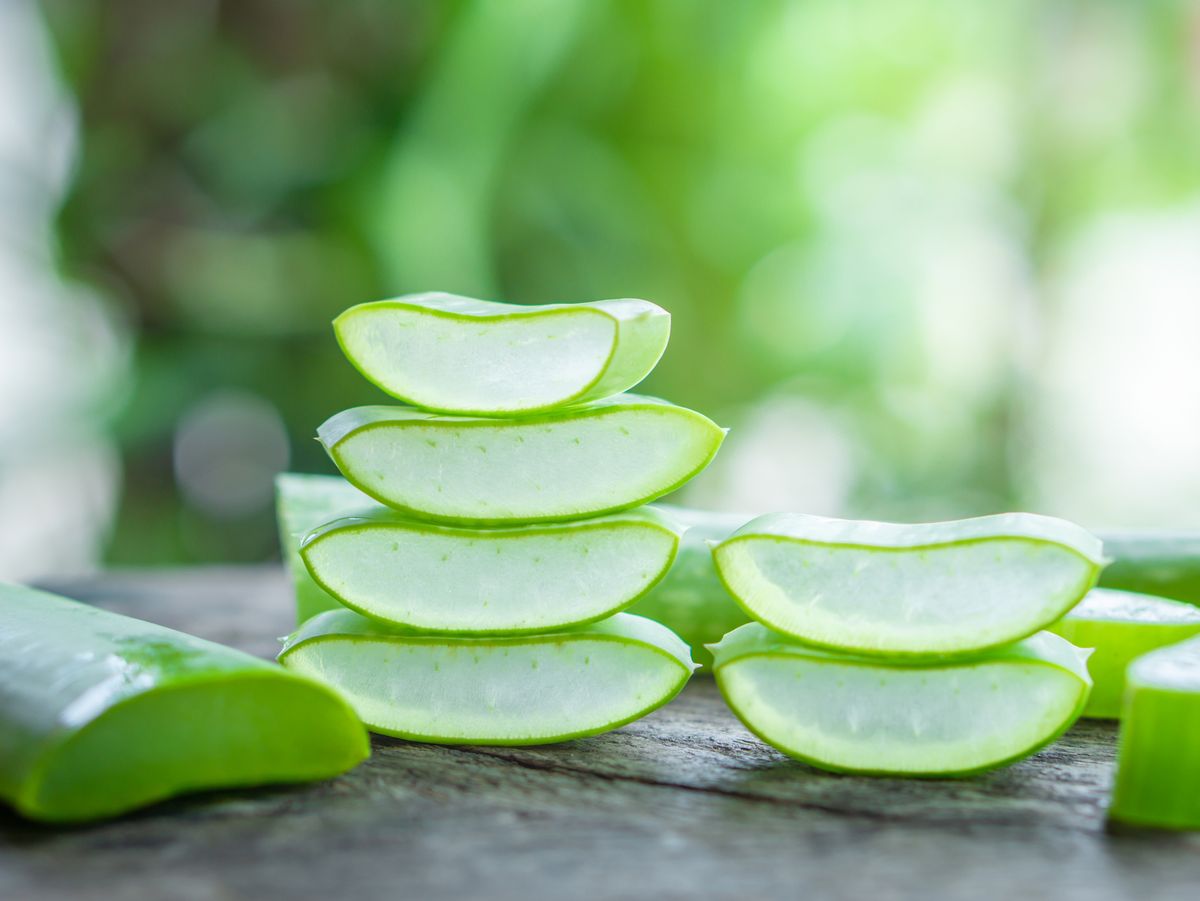Aloe vera is well-known for its numerous health benefits, from skincare to digestion. However, not many are aware of its effectiveness in oral health. Aloe vera, a succulent plant packed with vitamins, minerals, and antioxidants, has been used for centuries in various cultures for medicinal purposes. Today, modern science supports many of these traditional uses, including its role in maintaining gum and tooth health.
In this article, we will explore how aloe vera can be beneficial for oral health and discuss effective ways to use it for gum and tooth care.
Why Aloe Vera is Beneficial for Oral Health

Aloe vera’s therapeutic properties come from its rich composition of enzymes, vitamins (including A, C, and E), minerals, and amino acids. These nutrients contribute to its healing, anti-inflammatory, and antimicrobial properties, making it ideal for oral health applications. Here are the key reasons why aloe vera is effective for gums and teeth:
1. Anti-Inflammatory Properties
One of the most significant benefits of aloe vera is its anti-inflammatory effect. Gum inflammation, commonly known as gingivitis, can cause pain, swelling, and bleeding. Applying aloe vera gel to inflamed gums can help soothe and reduce these symptoms.
2. Antimicrobial Effects
Aloe vera contains compounds like anthraquinones, which have antibacterial, antiviral, and antifungal properties. This makes it effective in fighting harmful bacteria in the mouth, which can cause plaque build-up, cavities, and bad breath.
3. Promotes Healing
The gel from aloe vera helps promote tissue regeneration, which can be particularly beneficial for individuals suffering from gum disease or after dental procedures. Aloe vera can speed up the healing process and reduce the recovery time for wounds or ulcers in the mouth.
4. Maintains Oral Moisture
Dry mouth (xerostomia) is a condition where the mouth does not produce enough saliva, leading to discomfort and an increased risk of tooth decay. Aloe vera's high water content helps in keeping the mouth hydrated, which is essential for maintaining a healthy balance of bacteria and preventing dryness.
5. Soothes Mouth Ulcers
Mouth ulcers or canker sores are painful sores that can occur inside the mouth. Applying aloe vera gel directly to the sore can soothe the pain and promote quicker healing due to its cooling and regenerative properties.
How to Use Aloe Vera for Gum and Tooth Care

Aloe vera can be incorporated into your oral hygiene routine in various ways. Here are some practical methods to use aloe vera for maintaining gum and tooth health.
1. Aloe Vera Gel for Gum Health
- What you need: Fresh aloe vera gel or pure aloe vera gel (without additives).
- How to use: After brushing your teeth, take a small amount of aloe vera gel and gently massage it into your gums. Let the gel sit on your gums for a few minutes, then rinse with water. This practice can help reduce inflammation and soothe any soreness in the gums, especially for those suffering from gingivitis.
2. Aloe Vera Mouthwash
- What you need: Aloe vera juice (pure and organic).
- How to use: You can create an all-natural mouthwash by diluting aloe vera juice with water. Rinse your mouth with this solution for 1–2 minutes daily. Aloe vera mouthwash is effective in reducing plaque and preventing gum infections, offering a natural alternative to chemical-laden commercial mouthwashes.
3. Aloe Vera for Mouth Ulcers
- What you need: Aloe vera gel.
- How to use: If you have a mouth ulcer, apply a small amount of aloe vera gel directly to the affected area. The gel will soothe the ulcer, reduce pain, and promote faster healing. Apply it 2–3 times daily for the best results.
4. Aloe Vera Toothpaste
Many toothpaste brands incorporate aloe vera due to its antimicrobial and anti-inflammatory properties. You can either buy aloe vera toothpaste or make your own by mixing aloe vera gel with baking soda and coconut oil. This can serve as a natural toothpaste that fights bacteria, reduces plaque, and soothes gums.
5. Aloe Vera to Relieve Dry Mouth
- What you need: Aloe vera juice.
- How to use: Drink small amounts of aloe vera juice to help keep your mouth moist. Alternatively, you can swish it around your mouth to maintain hydration. Aloe vera juice helps stimulate saliva production, which is crucial for people suffering from dry mouth conditions.
Also Read- The Environmental Benefits Of Growing Aloe Vera At Home
Scientific Support for Aloe Vera in Oral Health
Several studies support the use of aloe vera in oral health care. A study published in the Journal of Clinical Periodontology found that aloe vera could be effective in treating gum diseases like periodontitis and gingivitis. The study highlighted the anti-inflammatory and antimicrobial properties of aloe vera, which contribute to its ability to reduce plaque and improve gum health.
Another study published in the Journal of Indian Society of Periodontology tested the effectiveness of aloe vera mouthwash in reducing gingivitis and concluded that it was as effective as traditional mouthwashes in reducing gum inflammation and plaque.
Precautions When Using Aloe Vera

Although aloe vera is generally safe for oral use, there are a few precautions to keep in mind:
- Ensure you are using pure, organic aloe vera gel or juice without any added chemicals or preservatives.
- Always consult a dentist if you are using aloe vera as part of a treatment plan for gum disease or other oral conditions.
- Some people may experience allergic reactions to aloe vera, so it’s always a good idea to do a patch test before using it extensively.
Also Read- Aloe Vera And Digestive Health: How This Super Plant Supports Gut Health
Conclusion
Aloe vera is a powerful, natural remedy for maintaining oral health. Whether you're using it to soothe gum inflammation, reduce plaque, or treat mouth ulcers, aloe vera can be a beneficial addition to your dental care routine. By incorporating aloe vera gel, juice, or toothpaste into your oral hygiene practices, you can improve gum health, fight bacteria, and keep your mouth fresh and hydrated.
Regular use of aloe vera, combined with standard dental practices like brushing and flossing, can provide an extra layer of protection for your gums and teeth, ensuring a healthier, brighter smile.













Leave a comment
This site is protected by hCaptcha and the hCaptcha Privacy Policy and Terms of Service apply.